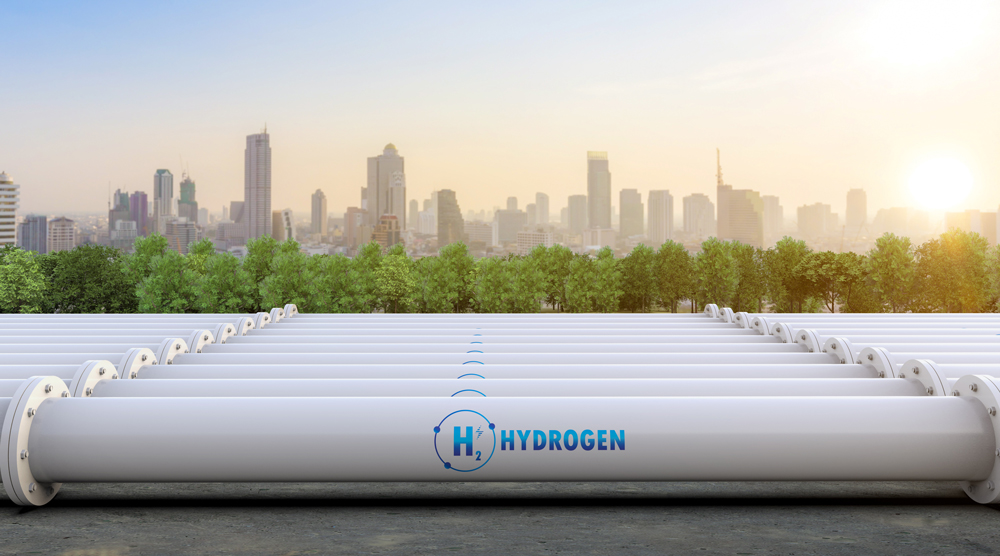U.S. Awards $2.2 Billion for Gulf Coast, Midwest Hydrogen Hubs to Advance Clean Energy
(Reuters) — The U.S. Department of Energy said on Wednesday it has awarded up to $2.2 billion to centers on the Gulf Coast and in the Midwest to develop hydrogen, an emerging source of energy that is expensive to produce using renewable power.
Hydrogen backers, including the administration of President Joe Biden, believe that low-carbon hydrogen can fight climate change by fueling heavy industry such as aluminum, cement, steel and long-haul transportation. The vast majority of hydrogen is produced now with fossil fuels with unabated emissions, at a fraction of the cost of clean hydrogen.
Backers hope clean hydrogen will be produced commercially in coming years with renewable energy, natural gas combined with carbon capture, and nuclear power.
It is uncertain how hydrogen will fare under President-elect Donald Trump, but the awards came from the 2021 bipartisan infrastructure law.
The move signals "our deep commitment to strengthening America's energy security and boosting our economic and global competitiveness while also tackling the climate crisis," said U.S. Energy Secretary Jennifer Granholm.
The administration is awarding up to $7 billion in federal grants. Last year, two hub projects partially located in Pennsylvania got awards.
The Gulf Coast hydrogen hub in Texas got up to $1.2 billion on Wednesday while the Midwest hub, with locations across the industrial corridor of Illinois, Indiana, Iowa and Michigan, is getting up to $1 billion.
The Gulf hub proposes to produce clean hydrogen from water through electrolysis and from natural gas with emissions captured and stored underground.
The Midwest hub aims to produce hydrogen with wind energy, natural gas with carbon capture, and nuclear.
The plan will set the U.S. on a path to produce 50 million metric tons of clean hydrogen fuel by 2050, the Biden administration says.
Related News
Related News

- Kinder Morgan Proposes 290-Mile Gas Pipeline Expansion Spanning Three States
- Enbridge Plans 86-Mile Pipeline Expansion, Bringing 850 Workers to Northern B.C.
- Intensity, Rainbow Energy to Build 344-Mile Gas Pipeline Across North Dakota
- U.S. Moves to Block Enterprise Products’ Exports to China Over Security Risk
- Court Ruling Allows MVP’s $500 Million Southgate Pipeline Extension to Proceed
- U.S. Pipeline Expansion to Add 99 Bcf/d, Mostly for LNG Export, Report Finds
- A Systematic Approach To Ensuring Pipeline Integrity
- 275-Mile Texas-to-Oklahoma Gas Pipeline Enters Open Season
- LNG Canada Start-Up Fails to Lift Gas Prices Amid Supply Glut
- TC Energy’s North Baja Pipeline Expansion Brings Mexico Closer to LNG Exports





Comments